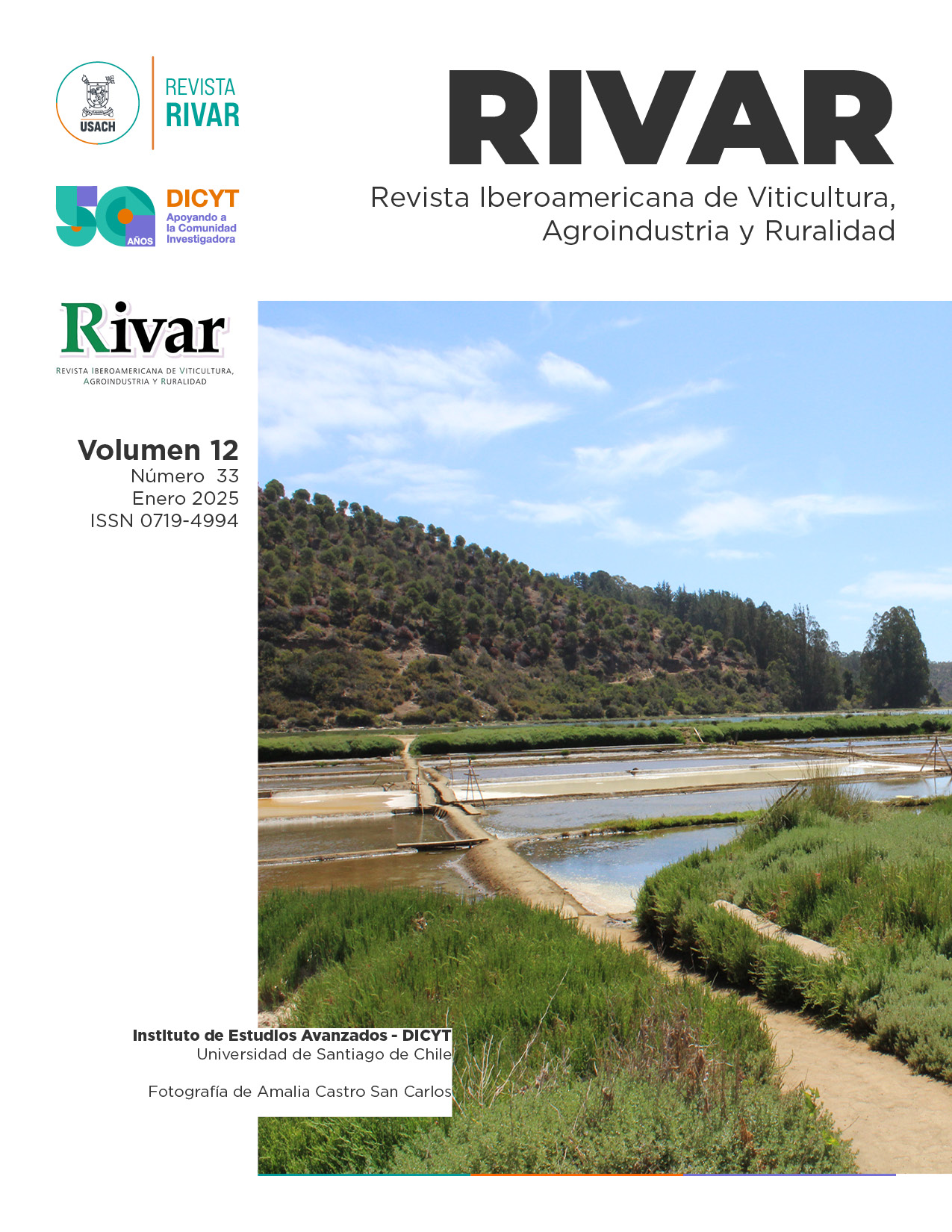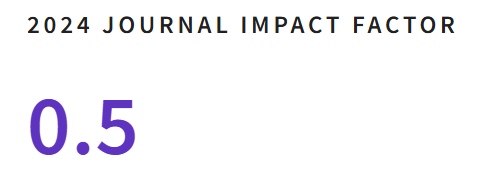Effective Methods of Management of Agricultural Enterprises in Kazakhstan
DOI:
https://doi.org/10.35588/dhw8ca68Keywords:
VAR-model, ARIMA, agricultural output, national economy, technological innovationAbstract
The agricultural sector of the economy of the Republic of Kazakhstan is one of the essential branches of the national economy. The level of provision of the social and industrial agriculture infrastructure in Kazakhstan remains extremely unstable. The purpose of the study is to examine the effective methods of agricultural enterprise management in Kazakhstan. The main methods of examining this issue are economical, mathematical, and modelling since these groups of methods allow considering the most extensive range of endogenous and exogenous factors affecting the activities of agricultural enterprises, thus confirming the effectiveness of the management methods. The presented analysis of enterprise management using the economic method demonstrates the need to introduce innovative components in the development of agricultural enterprises. This statement is demonstrated by the study results, indicating the relationship between the volume of output of agricultural products and Internet coverage in the agricultural sector of Kazakhstan. The forecast of the growth dynamics of these indicators shows an increase in the volume of agricultural output with an increase in the use of the internet by agricultural enterprises. The presented analysis dynamically demonstrates the effectiveness of current management methods and helps to adjust agricultural enterprises’ current development course.
Downloads
References
Cooper, R.G., and Sommers, A.F. (2018). Agile-Stage-Gate for Manufacturers Changing the Way New Products Are Developed March. Research Technology Management, 61(2), 17-26. https://doi.org/10.1080/08956308.2018.1421380
Dara, A., Baumann, M., Tobias, K., Pflugmacher, D., Rabe, A., Griffiths, P., Hoelzel, N., Kamp, J., Freitag, M., and Hostert, P. (2018). Mapping the Timing of Cropland Abandonment and Recultivation in Northern Kazakhstan Using Annual Landsat Time Series. Remote Sensing of Environment, 213, 49-60. https://doi.org/10.1016/j.rse.2018.05.005
Hamza, S., and Kortas, N. (2019). The Interaction between Accounting and Real Earnings Management Using Simultaneous Equation Model with Panel Data. Review of Quantitative Finance and Accounting, 53(4), 1195-1227. https://doi.org/10.1007/s11156-018-0779-5
Hoang, K.M.T., and Phung, T.A. (2019). The Effect of Financial Leverage on Real and Accrual-Based Earnings Management in Vietnamese Firms. Economics and Sociology, 12(4), 299-312. https://doi.org/10.14254/2071-789X.2019/12-4/18
Kerimkhulle, S., Obrosova, N., Shananin, A., and Azieva, G. (2022). The Nonlinear Model of Intersectoral Linkages of Kazakhstan for Macroeconomic Decision-Making Processes in Sustainable Supply Chain Management. Sustainability, 14 (21), 14375. https://doi.org/10.3390/su142114375
Ketners, K. (2015). Possibility for Personal Wealth Taxation System in Latvia. Economic Science for Rural Development: 1. Production and Cooperation in Agriculture 2. Bioeconomy 3. Finance And Taxes, 37, 211-219.
____. (2020). Spending Review as Essential Part of Public Sector Budgeting: Latvian Experience. Proceedings of the 2020 International Conference Economic Science for Rural Development, 53, 97-106. https://doi.org/10.22616/ESRD.2020.53.011
Luo, L., Du, W.P., Yan, H.M., Zhen, L., and Dong, Y. (2017). Spatio-Temporal Patterns of Vegetation Change in Kazakhstan from 1982 to 2015. Journal of Resources and Ecology, 8, 378-384. https://doi.org/10.5814/j.issn.1674-764x.2017.04.009
Mahalik, N.P., and Li, N. (2019). A Big Data and Cloud Computing Specification, Standards and Architecture: Agricultural and Food Informatics. International Journal of Information and Communication Technology, 14(2), 159-174. http://dx.doi.org/10.1504/ijict.2019.10018558
Mukoviz, V., Leshchii, L., Khodakivska, O., Prokopova, O., and Kuzub, M. (2022). Accounting for Transactions Sosts of Agricultural Producers in the Shadow Economy. Agricultural and Resource Economics, 8(2), 67-85. https://doi.org/10.51599/are.2022.08.02.04
Niyazbekova, S., Moldashbayeva, L., Kerimkhulle, S., Dzholdoshev, N., Dzholdosheva, T., and Serikova, M. (2021). “Green” Bonds—A Tool for Financing “Green” Projects in Countries. E3S Web of Conferences, 244, 10060. https://doi.org/10.1051/e3sconf/202124410060
Ray, P.P. (2017). Internet of Things for Smart Agriculture: Technologies, Practices and Future Direction. Journal of Ambient Intelligence and Smart Environments, 9, 395-420. http://dx.doi.org/10.3233/ais-170440
Republic of Kazakhstan (2021a). Agency for Strategic Planning and Reforms of the Republic of Kazakhstan Bureau of National Statistics. Republic of Kazakhstan. https://stat.gov.kz
____. (2021b). Decree of the Government of the Republic of Kazakhstan No. 732 “On approval of the National Project for the Development of the Agro-Industrial Complex of the Republic of Kazakhstan for 2021-2025”. Republic of Kazakhstan. https://adilet.zan.kz/rus/docs/P2100000732
Ruan, J., Jiang, H., Li, X., Shi, Y., Chan, F.T.S., and Rao, W. (2019). A Granular GA-SVM Predictor for Big Data in Agricultural Cyber-Physical Systems. IEEE Transactions on Industrial Informatics, 15(12), 6510-6521. http://dx.doi.org/10.1109/tii.2019.2914158
Sinaj, Z., and Vela, F. (2022). The Difficulties that Exist for Start-Up and Managing an Agricultural Business in Albania. Review of Economics and Finance, 20, 1295-1307.
Su, Y., and Wang, X. (2021). Innovation of Agricultural Economic Management in the Process of Constructing Smart Agriculture by Big Data. Sustainable Computing: Informatics and Systems, 31, 100579. https://doi.org/10.1016/j.suscom.2021.100579
Trusova, N., Demchenko, I., Kotvytska, N., Hevchuk, A., Yeremenko, D., and Prus, Y. (2021). Foreign-Economic Priorities of the Development of Investment Infrastructure of Agri-Food Production Entities. Scientific Horizons, 24(5), 92-107. https://doi.org/10.48077/scihor.24(5).2021.92-107
Zhumadilova, A., Zhigitova, S., and Turalina, M. (2023). The Impact of Greenhouse Gases on Climate Change. Scientific Horizons, 26(6), 97-109. https://doi.org/10.48077/scihor6.2023.97









